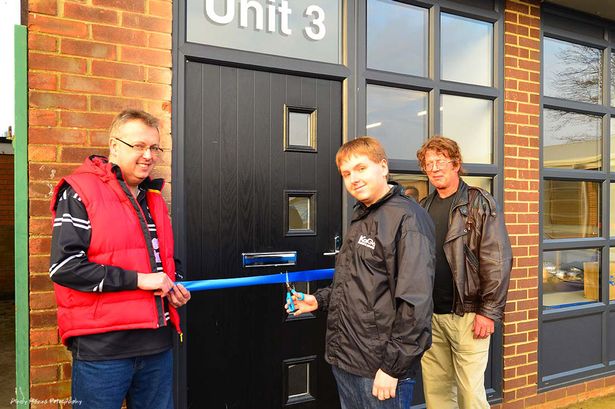Home
About Us
Page 2
The grant is uniquely established for the reason that no application budget estimates were provided, which means that interested applicants can request for any reasonable funds, as long as the actual needs of the project are reflected in the submitted proposal.
|
|
Interested applicants are required to electronically submit their applications online to the Grants.gov website. Deadline for such submission will be on September 7, 2014.
Institutions or organizations will be eligible to apply as long as they are any of the following:
- Higher Education Institutions, either public/state controlled or private
- Profit and Nonprofit organizations such as small businesses
- local governments with the US and its territories and possessions
- independent school districts
- Public Housing Authorities/Indian Housing Authorities
- Native American Tribal Organizations (other than Federally recognized tribal governments)
- Faith-based or Community-based Organizations
- Regional Organizations
The Department of Health and Human Services, where the National Institutes of Health and the National Institute of Nursing Research are administered, serves as the primary provider of vital human services in the US, especially to those citizens who are financially challenged and are least capable of helping themselves.
The Mobile Health (mHealth )Tools program is a rather essential project to the Department of Health and Human Services because it enables patients from underrepresented areas to avail of the systems of care in urban areas where most of the country's medical specialists practice medicine. Thereby eventually paving the way to a better diagnosis and treatment process in chronically ill patients.
About The Author The TopGovernmentGrants Editorial Staff maintains one the the most comprehensive Websites offering information on government grants and federal government programs. The staff also provides resources to other Websites with information on health grants and community grants. |
Additional Resources
category - Health Grants
The Collaborative Islet Transplantation Registry Program
National Institutes of Health funds the Improving Adherence to Treatment Regimens for HIV-Positive Adolescents and Young Adults
National Science Foundation's Smart Health and Wellbeing Program
Developing and Strengthening Services and Systems that Support Family Cohesion and Respond to the Separation of Children in Democratic Republic of Congo
Follow @topgovtgrant
Social Entrepreneurship
Spotlight
Hexham Social Enterprise Launches Workshop to Provide Training for the Unemployed

A Gilesgate-based shop and community facility, Hexham’s Core Music, launches a separate workshop where up to six people will be trained how to repair guitars and make ukuleles. The European Social Fund grant supported the project and has secured funds through the County Durham Communication Foundation to equip the workshop in Burn Lane.
